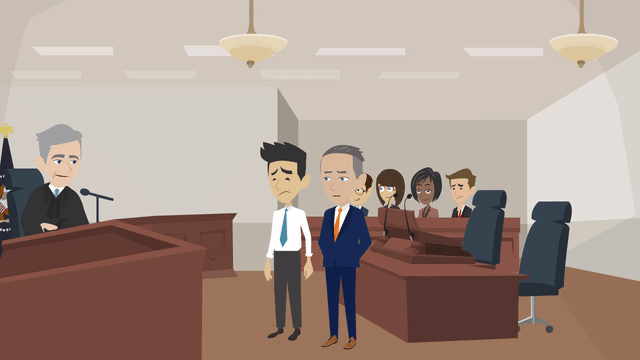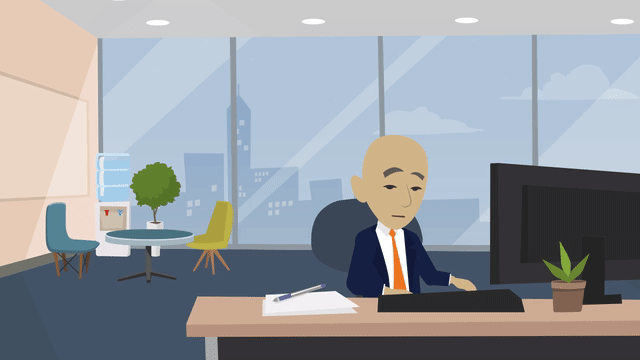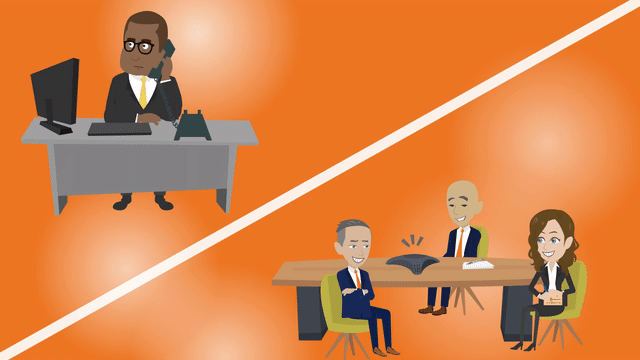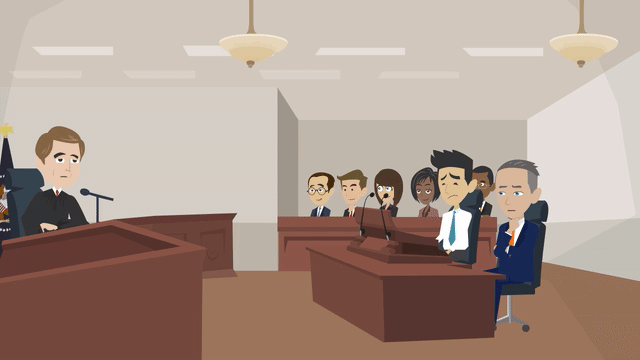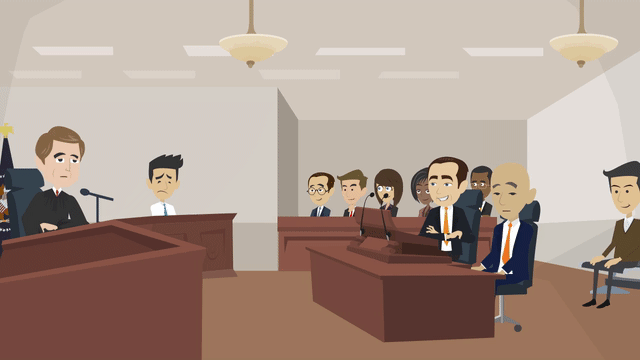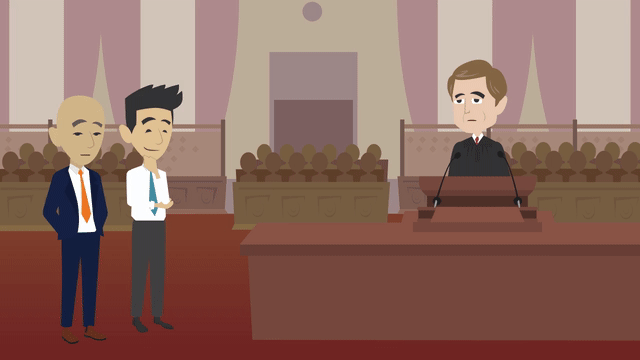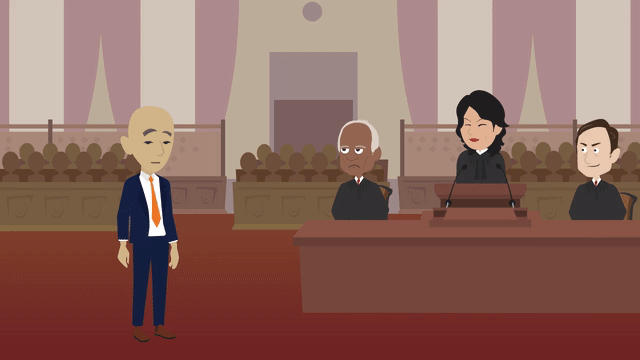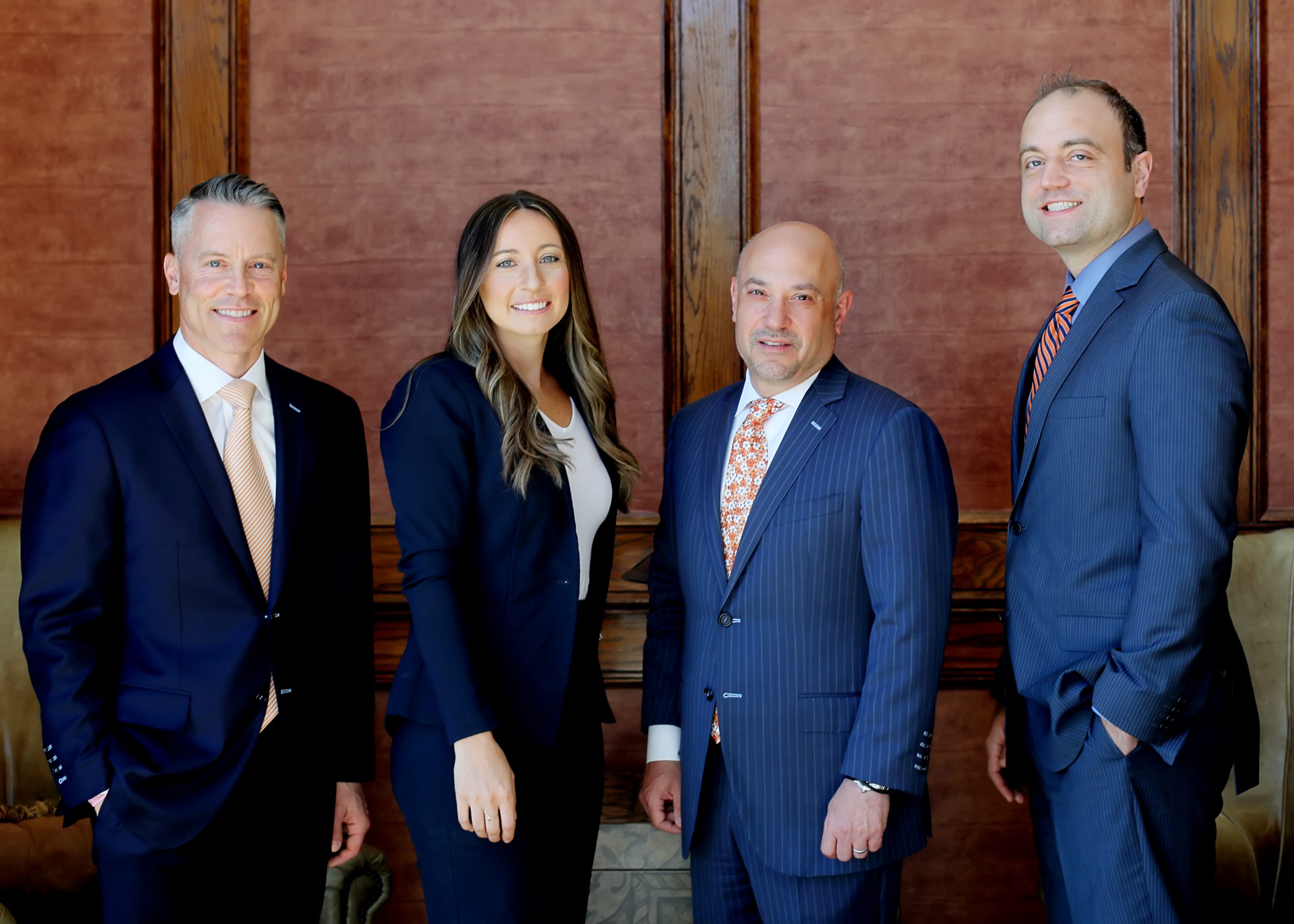
Lawyers for the Accused
Call Now:
844-Accused
844-222-8733




Lawyers for the Accused.
Trusted & Accomplished Attorneys for Criminal Defense Legal Cases.
Meet with a Criminal Defense Lawyer. Understand your options.
We Spend The Time With Our Clients.
If you’ve been charged with a crime or are under investigation, the lawyers at LaMarche Safranko Law take whatever time is necessary to sit with you and your family, understand the specific facts of your case and the allegations against you. Whether you are charged with possession or sale of drugs, grand larceny, theft, assault, robbery, white collar crimes, domestic violence or DWI, our team approach allows us to work together to fully understand the facts and circumstances of every case and allows us to provide thorough and personalized attention to our clients.
We Explore The Reasons A Person Is Charged.
The lawyers at LaMarche Safranko Law explore the underlying reasons a person may be charged with a crime because we know that often drugs, alcohol, gambling, anger and/or mental health can be relevant to a criminal case. We often guide our clients toward treatment avenues that not only address the underlying issues but also help resolve criminal cases successfully.
We Explain the Criminal Process.
Our attorneys explain the criminal process, the burden of proof, the elements of the charges, and what the options are. We talk candidly about what the process will look like and how we can best represent you, whether by taking your case to trial or negotiating the best possible resolution.
We Challenge the Evidence Against You.
The attorneys at LaMarche Safranko Law explore all legal challenges that may exist in a case. Examples include: Was your home or vehicle searched? Was there a valid search and seizure of evidence? Did you give a statement? Did you understand your right to remain silent? Was your statement voluntary? Was there probable cause to make an arrest? Is the prosecution timely? Were you properly identified?
We have the Experience.
Our lawyers are experienced in handling all aspects of a criminal case including handling hearings and conducting criminal trials in cases ranging from burglary, robbery, conspiracy and murder to criminal mischief, drugs, assaults, petit larceny, DWI and other traffic related matters. It is best to have your criminal lawyer involved from the beginning of a case or investigation. In some instances, our lawyers are able to assist in avoiding the arrest and prosecution altogether.
We Use Focus Groups and Mock Juries to Evaluate Cases.
When the case warrants it, our attorneys utilize mock juries and focus groups to explore important aspects of a case to properly prepare for trial.
We Find Creative Solutions To Resolving Cases.
When trial is not the best option, our lawyers work hard to find creative solutions to resolve your criminal case and lessen the potential consequences to you and your family.
Our experience throughout the Federal and State courts in New York will give you the confidence of knowing you have team that will work hard to obtain the best outcome for your case.
Since arrests don’t always happen during business hours, the lawyers at LaMarche Safranko Law are available 24/7, 365 days per year to assist with a criminal matter by calling 518-982-0770. We also have offices in Clifton Park, Albany, and Plattsburgh for your convenience.
Timeline of a Criminal Defense Case
- Whether you just made a big mistake, or are being falsely accused, this can be a very emotional and important time in a case
- It is very important that you remain silent and not answer any questions about the case without a lawyer present
- Contact a criminal defense attorney as soon as possible
- Confirm the lawyer is an experienced criminal defense lawyer
- Meet with the lawyer who will help you understand the process of a criminal case
- If you have been arrested, critical proceedings and time frames begin immediately
- You will appear before a judge who will determine if you will be incarcerated, released on bail or supervision, or released without conditions
- If you are charged with a felony in a town, village or city court, the prosecuting agency will have six months from the date of your arrest to determine whether to present your case to a grand jury to seek an indictment or return your case to a lower court to be handled as a misdemeanor
- Discovery is the exchange of information between the governmental agency prosecuting you, you, and your attorney
- In New York State this process begins shortly after your appearance in court
- You can expect exchange of the following if it exists in your case:
- Police Reports
- Investigative Notes
- Videos / Body Camera Footage / Dash Camera Footage
- Forensic Reports
- Photographs
- Exculpatory Material (Brady)
- Impeachment Material
- You and your attorney may also be engaged in information gathering that includes:
- Freedom of Information Law (FOIL) Requests/Responses
- Additional Witness Interviews
- Expert Evaluations / Disclosures
- Motions are written applications to the court to request any of the following:
- Preclude Evidence
- Suppress Evidence
- Seek a Ruling on a Constitutional Rights Violation
- Seek Outright Dismissal of One or More Charges Based on Legal/Factual Matters
- Request Hearings
- A plea bargain is an offer from the prosecuting attorney to resolve your case
- Whether to plead guilty or not is always a choice you get to make, not your attorney
- Your attorney will meet with you, discuss the facts and the law of your case, and offer advice. A plea offer takes into consideration your charges as well as:
- Prior criminal history if any
- Life experiences
- Evidentiary Problems
- Post-Incident Actions
- Mental Health Counseling
- Substance Abuse Treatment
- Anger Management Treatment
- If you choose not to accept a plea bargain and are heading to trial, there are likely to be hearings to consider the following:
- Preclusion/Suppression of Evidence
- Admissibility of Evidence
- What Prior Criminal History/Bad Acts May Be Introduced by the Prosecutor if You Testify on Your Own Behalf
- During a hearing, there is no jury, and the judge will make factual and legal determinations regarding what evidence will be allowed at trial.
- You have the right to a trial by a fair and impartial jury or by the judge who will act as both judge and jury
- At a trial, the prosecution has the burden to prove your guilt beyond a reasonable doubt
- The judge or jury will listen to the evidence presented and the arguments by the lawyers, apply the facts to the law, and render a verdict of not guilty or guilty
- A Verdict must be unanimous
- If you are convicted at trial, or if you entered a plea bargain, there will be a sentencing date where your punishment will be imposed by the judge
- If you previously entered a plea bargain, the judge will likely impose the agreed upon sentence at that time
- In the event you are convicted, you have the right to appeal
- This is true whether you plead guilty or are convicted after trial
- However, by accepting a plea bargain, you may have waived some of your appellate rights
- It is important that your attorney file a notice of appeal on your behalf and that you discuss the appeal process with your lawyer



